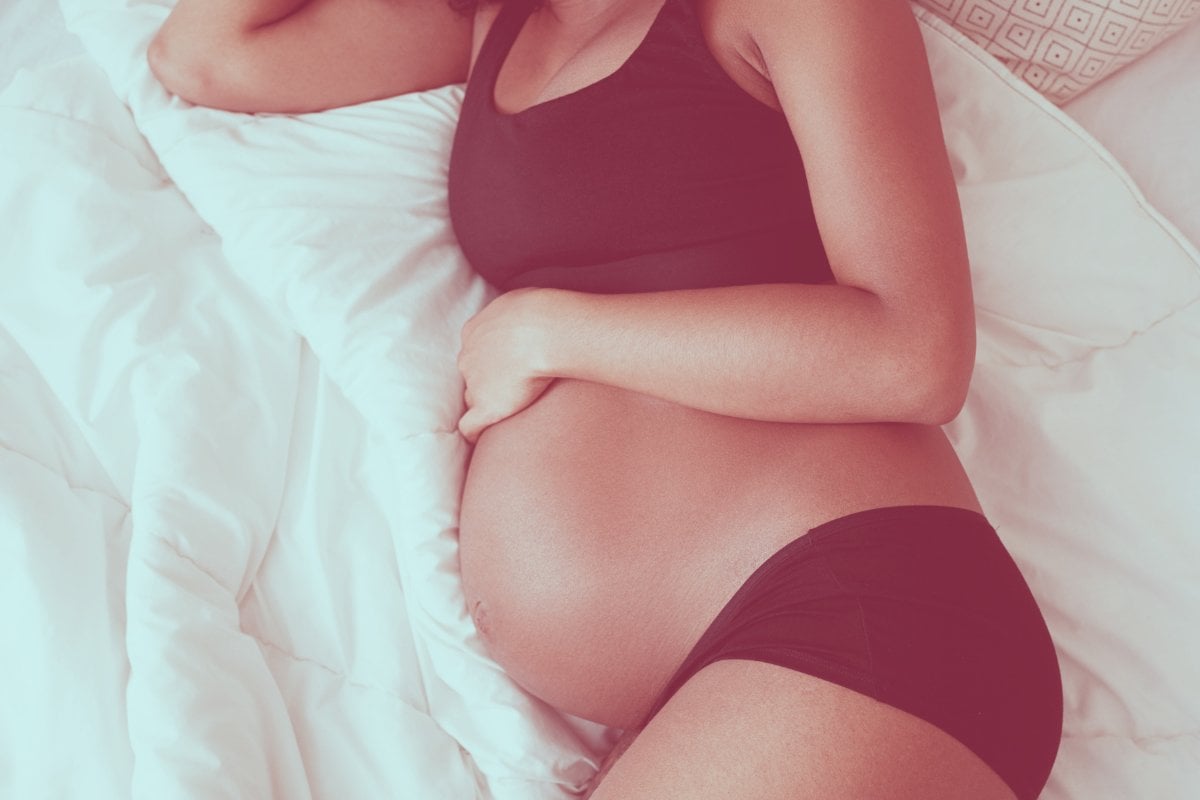
New research from The University of Melbourne has analysed data from 14 studies and found that choosing to induce labour at 39 weeks seems to have much better outcomes for mums, as compared to 'expectant management' (allowing the pregnancy to continue until labour begins naturally or there's reason to induce later).
Looking at the pooled data of over 1.6 million women, the study found that inducing labour at 39 weeks gestation was associated with lower labour-related and neonatal complications overall, including reduced likelihood of macrosomia (a newborn that is much larger than average) and low five-minute Apgar scores (a basic indicator of health where a higher score indicates better health after birth).
It also found that inducing labour early led to a 37 per cent decrease in the risk of perineal injury in mothers – including serious third or fourth-degree tears. Severe perineal injuries affect around one in 20 women in Australia, and these injuries can often require surgeries and take many months to heal.
Additionally, bringing the birth forward to 39 weeks reduces the likelihood of forceps or vacuum extraction being used.
The only drawback that the study found was that, among first-time mothers induced at 39 weeks, there was a higher chance of shoulder dystocia (the baby's shoulder getting stuck in the pelvis).
Listen to The Quicky discuss matrescence below. Article continues after podcast.
The co-lead of the research, Dr Roxanne Hastie, told Mamamia that the research is reassuring, considering that the number of women choosing to induce at 39 weeks has been on the rise for the past few years globally (in fact, more than 40 per cent of labours are now induced at 39 weeks in Australia).